The ineffable joy of forgiving and being forgiven forms an ecstasy that might well arouse the envy of the gods
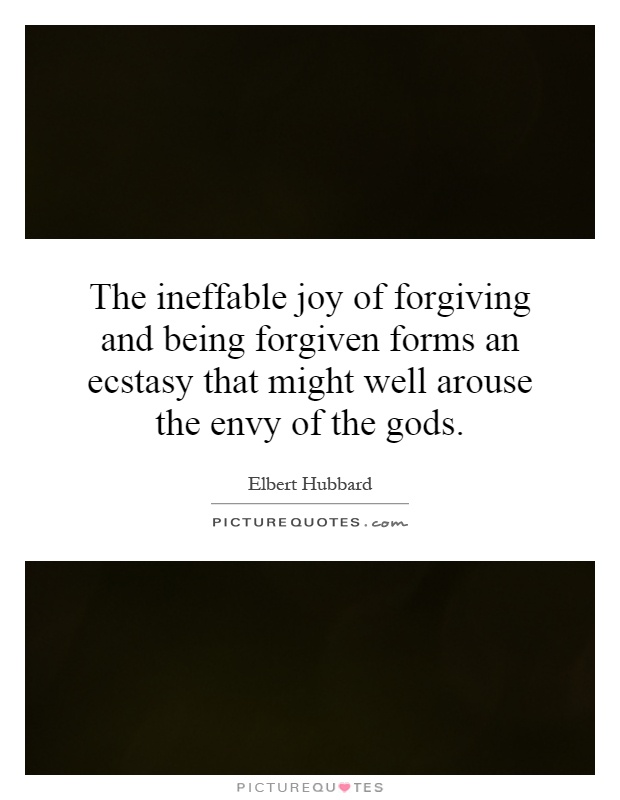
The ineffable joy of forgiving and being forgiven forms an ecstasy that might well arouse the envy of the gods
Elbert Hubbard, a renowned American writer, philosopher, and artist, once said, "The ineffable joy of forgiving and being forgiven forms an ecstasy that might well arouse the envy of the gods." These words beautifully capture the transformative power of forgiveness in our lives. Hubbard believed that forgiveness is not just a simple act of letting go of resentment or anger, but a profound experience that can bring immense joy and liberation to both the forgiver and the forgiven.Forgiveness is often seen as a difficult and challenging process. It requires us to let go of our hurt and anger, to release the desire for revenge, and to open our hearts to compassion and understanding. However, Hubbard suggests that the rewards of forgiveness are far greater than the pain and effort it may require. The act of forgiving can bring a sense of peace, freedom, and healing that is truly divine.
When we forgive someone, we are not only releasing them from the burden of our anger and resentment, but we are also freeing ourselves from the chains of negativity and bitterness. Forgiveness allows us to move forward with our lives, to let go of the past, and to create space for love, joy, and happiness to enter our hearts. It is a powerful act of self-love and self-care that can bring about a profound transformation in our relationships and in our own inner world.
Being forgiven is also a deeply moving experience. It requires us to acknowledge our mistakes, to take responsibility for our actions, and to humbly ask for forgiveness. When someone extends their forgiveness to us, it is a gift of grace and mercy that can touch our souls and bring tears to our eyes. It is a reminder of the power of love and compassion, and a testament to the beauty of human connection and understanding.
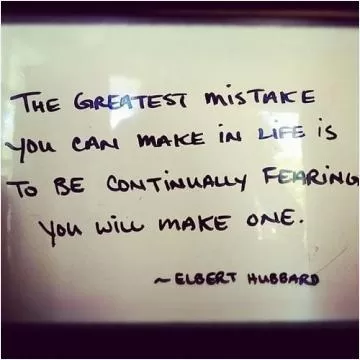
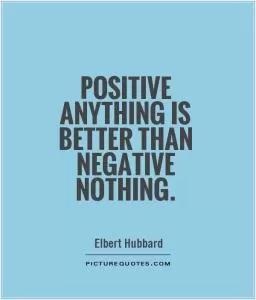
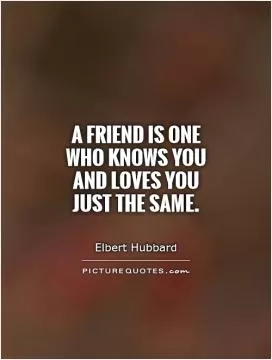
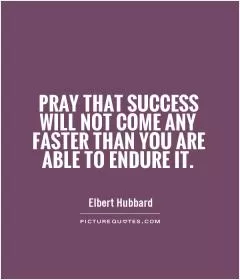
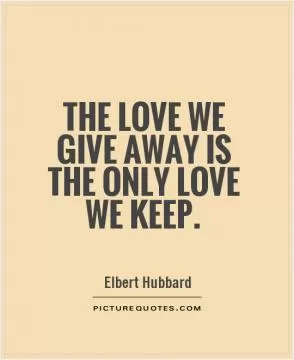
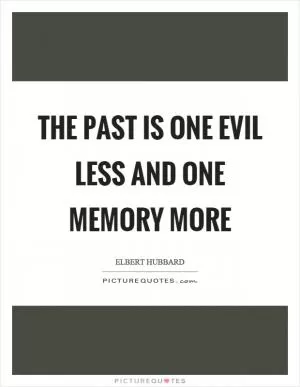
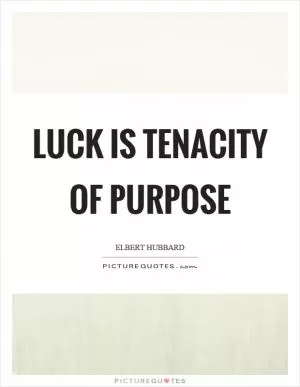

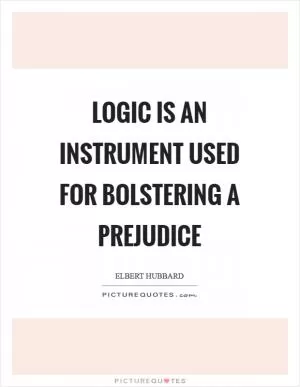
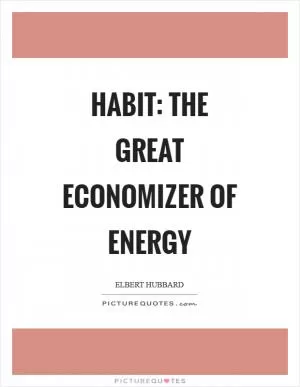
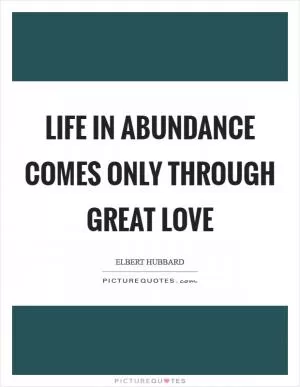

 Friendship Quotes
Friendship Quotes Love Quotes
Love Quotes Life Quotes
Life Quotes Funny Quotes
Funny Quotes Motivational Quotes
Motivational Quotes Inspirational Quotes
Inspirational Quotes